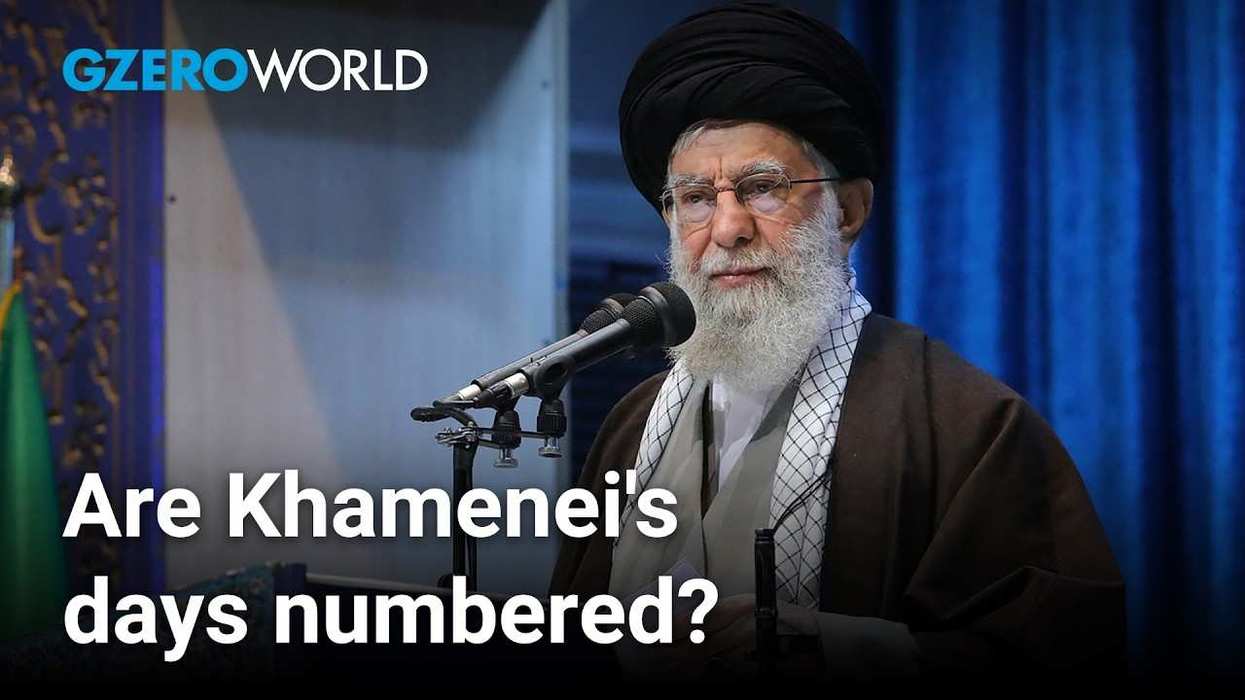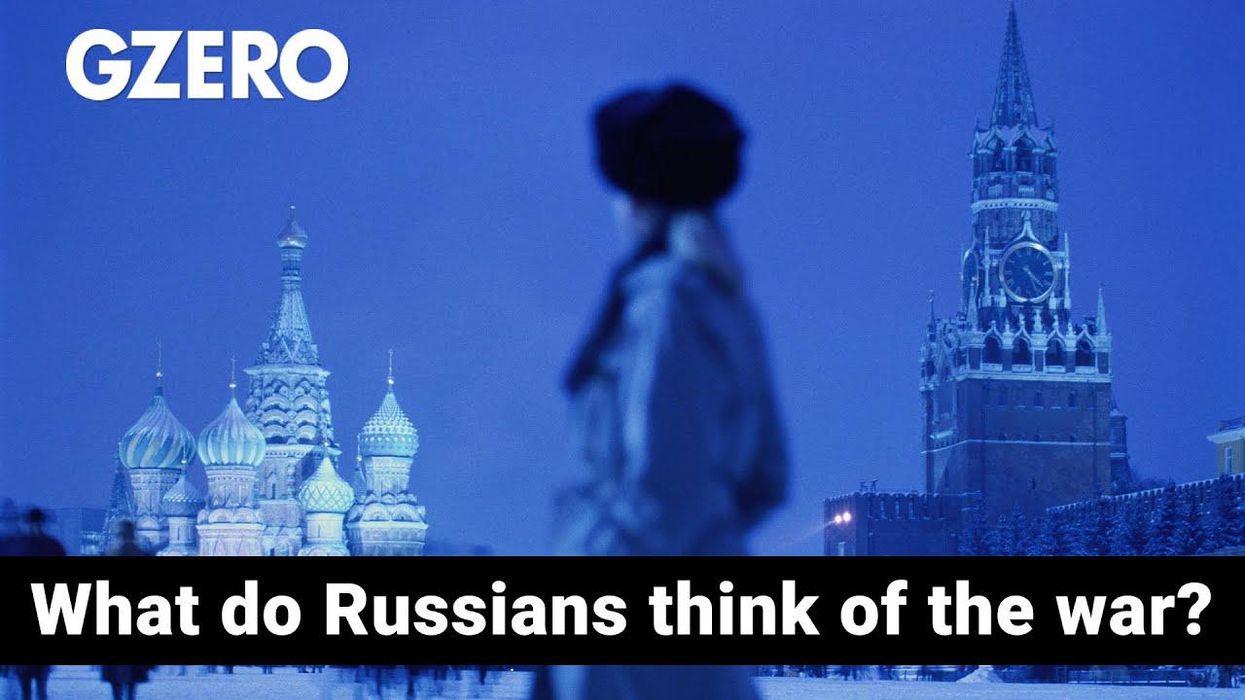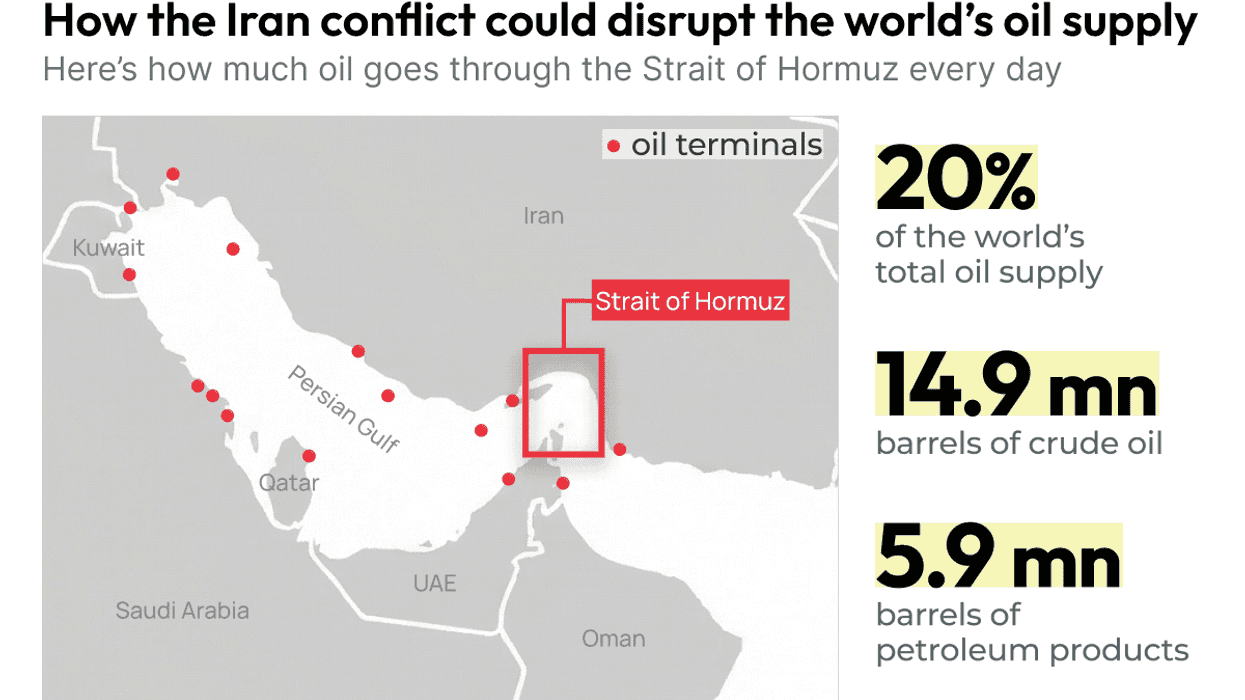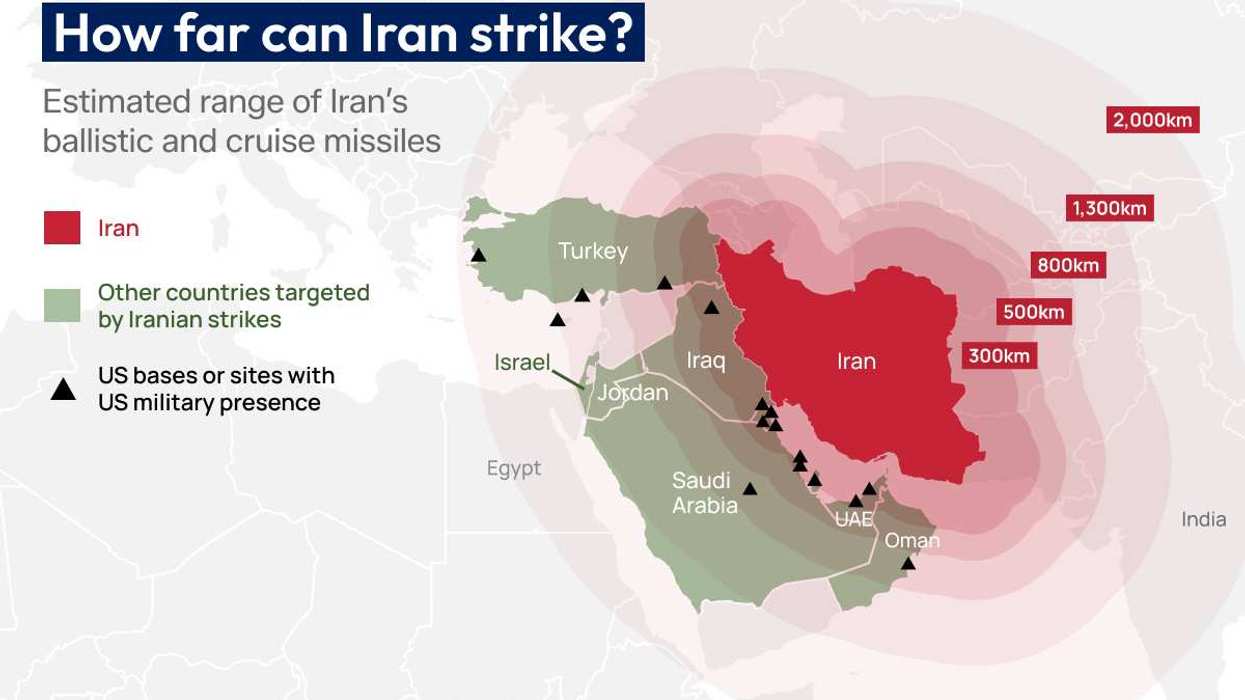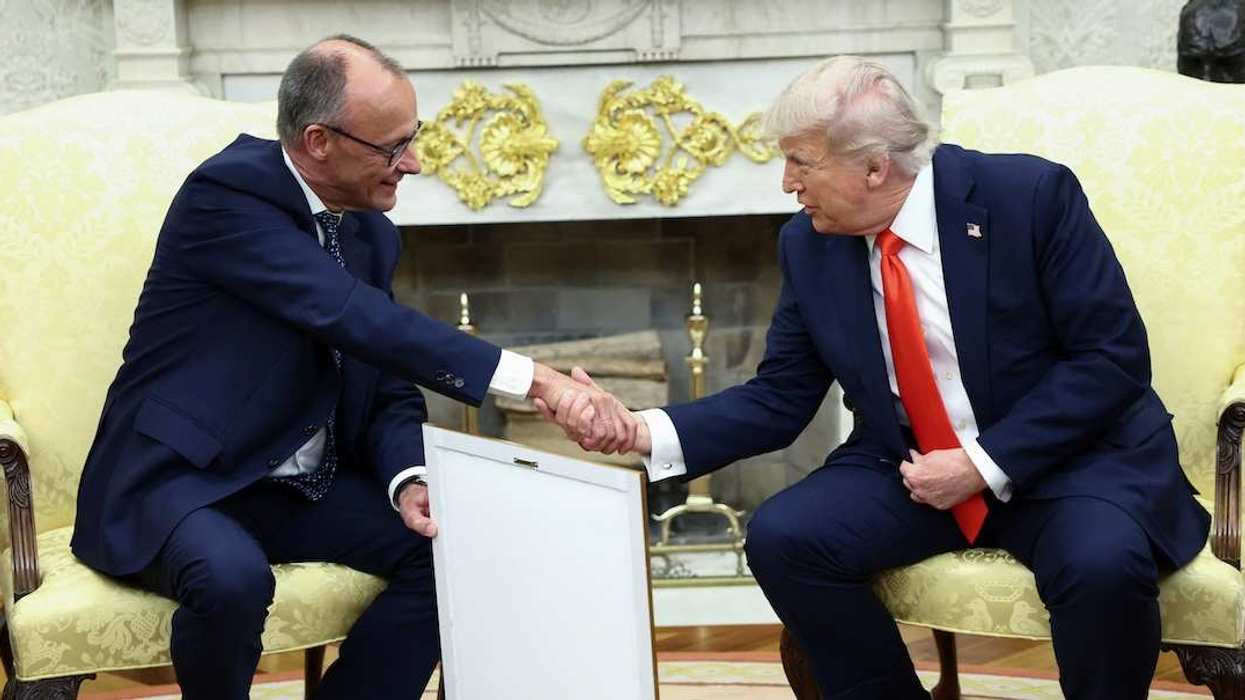More than three years ago, Spain ushered in its first coalition government since democracy was restored in the late 1970s. But that experiment — a minority government led by the left-wing PSOE Party with the far-left Podemos Party as a junior partner, backed by nationalist and separatist forces — might soon give way to another coalition that'll swing the country sharply to the right.
On Sunday, Europe's fourth largest economy holds a snap parliamentary election abruptly called by Prime Minister Pedro Sánchez just hours after the PSOE got trounced in a regional vote in mid-May. And, unless the polls are completely off, he’ll be ousted from office by the combined forces of the right-wing People's Party and the far-right Vox.
You might think that after Italy, Finland, and Sweden, Spain is only the latest European country where the extreme right is on the rise, and that it probably also has to do with immigration. You’d be wrong — and not because Vox is fond of migrants.
Spain's lurch to the right is actually driven by uniquely Spanish culture wars over what conservatives refer to as "gender ideology" and Spanish nationalism (a catchall term for fierce opposition to the Catalan and Basque independence movements).
First, the PP and Vox have called out the left-wing government for going too far on gender equality. Two poignant scandals were the botched drafting of the controversial "Only yes means yes" sexual consent law — which resulted in more than 1,000 convicted sex offenders getting their sentences reduced — and passing a law that allows anyone over 16 to change sex without parental consent.
Second, the conservative opposition has blasted Sánchez for pardoning the Catalan politicians who attempted to secede in 2017, and for watering down the crime of secession. He also stoked Spanish nationalist flames by cutting deals with Bildu, a far-left party which still considers Basque terrorism a legitimate "armed struggle.”
That was the price the PM had to pay for pro-independence parties voting sí to his budget. And it’ll likely cost him dearly at the ballot box.
If, as expected, the PP and Vox together win a majority of seats in parliament, their leaders will be strange bedfellows in a coalition government. In contrast to the gender-fluid and easily offended perroflautas (which loosely translates as "hippies") of Podemos, Vox leader Santiago Abascal styles himself as the classic macho ibérico: a tough-talking alpha male who loves bullfighting and hunting as much as he hates COVID vaccines and city bike lanes.
Yet Abascal is also the polar opposite of his likely future partner, PP leader Alberto Núñez Feijóo, a bookish former tax inspector whose calm demeanor seems out of the place in the maelstrom of Spanish political fights. Indeed, the two are so different that Sánchez failed to convincingly merge them into a single political bogeyman during his only campaign debate with Feijóo.
One thing that Feijóo and Abascal can agree now on is that, together, they can beat Sánchez. They can figure out how to govern later.




